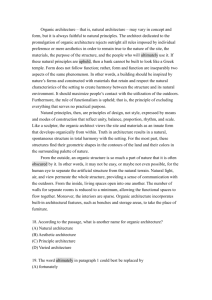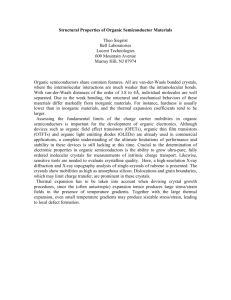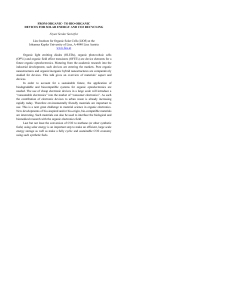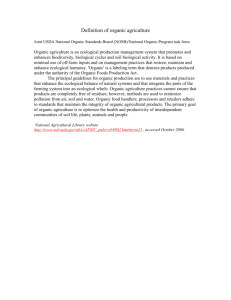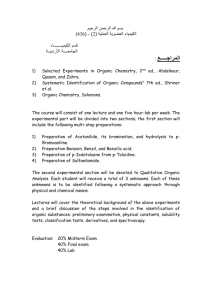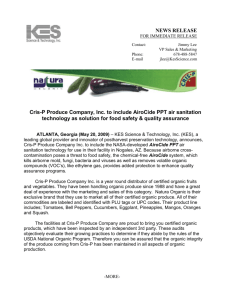Key Exercises page 51 - IES Isidor Macabich IES Isidor Macabich
advertisement
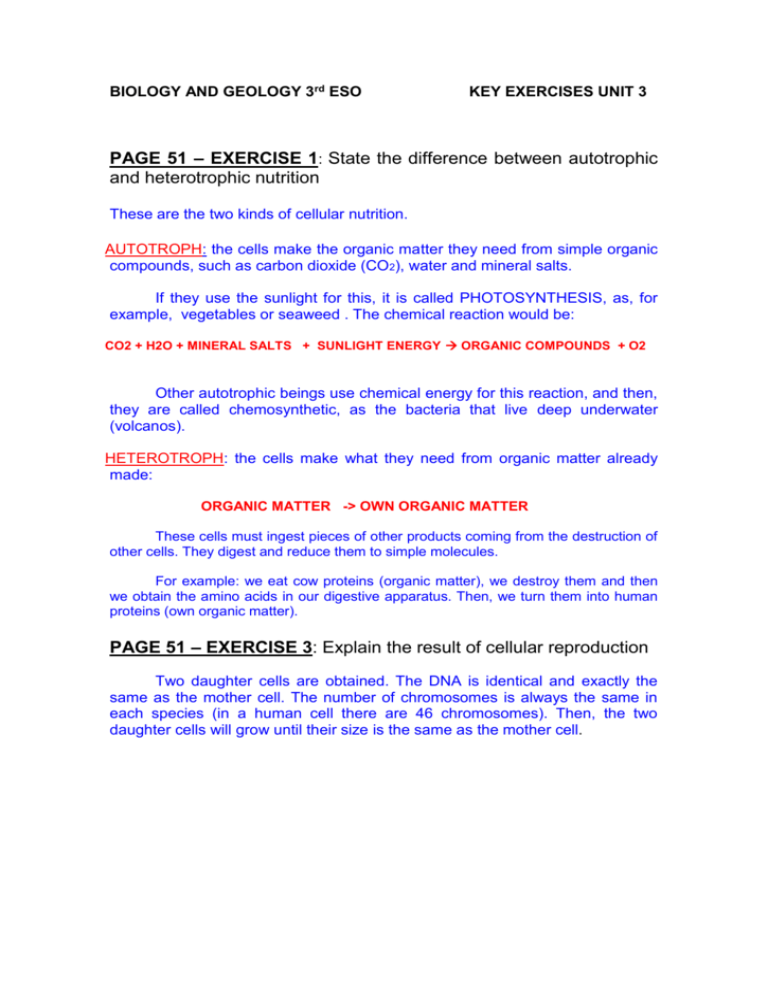
BIOLOGY AND GEOLOGY 3rd ESO KEY EXERCISES UNIT 3 PAGE 51 – EXERCISE 1: State the difference between autotrophic and heterotrophic nutrition These are the two kinds of cellular nutrition. AUTOTROPH: the cells make the organic matter they need from simple organic compounds, such as carbon dioxide (CO2), water and mineral salts. If they use the sunlight for this, it is called PHOTOSYNTHESIS, as, for example, vegetables or seaweed . The chemical reaction would be: CO2 + H2O + MINERAL SALTS + SUNLIGHT ENERGY ORGANIC COMPOUNDS + O2 Other autotrophic beings use chemical energy for this reaction, and then, they are called chemosynthetic, as the bacteria that live deep underwater (volcanos). HETEROTROPH: the cells make what they need from organic matter already made: ORGANIC MATTER -> OWN ORGANIC MATTER These cells must ingest pieces of other products coming from the destruction of other cells. They digest and reduce them to simple molecules. For example: we eat cow proteins (organic matter), we destroy them and then we obtain the amino acids in our digestive apparatus. Then, we turn them into human proteins (own organic matter). PAGE 51 – EXERCISE 3: Explain the result of cellular reproduction Two daughter cells are obtained. The DNA is identical and exactly the same as the mother cell. The number of chromosomes is always the same in each species (in a human cell there are 46 chromosomes). Then, the two daughter cells will grow until their size is the same as the mother cell.






